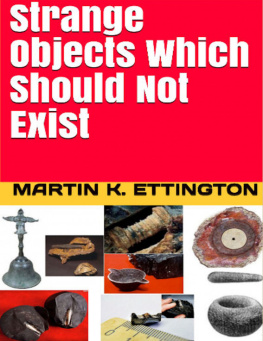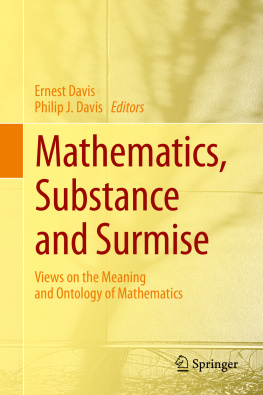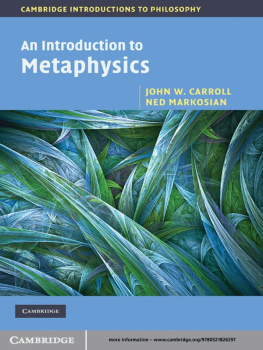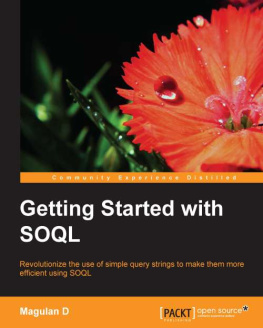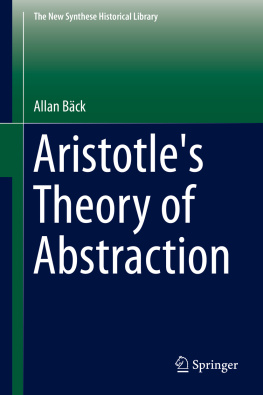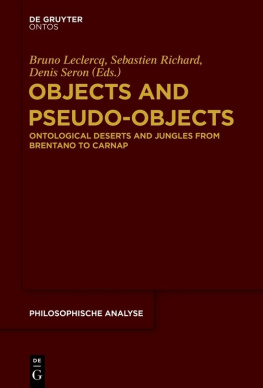Azzouni, Jody Professor of Philosophy, Tufts University
Deflating Existential Consequence
A Case for Nominalism
Print ISBN 0195159888, 2004
doi:10.1093/0195159888.001.0001
Abstract: What in our theoretical pronouncements commits us to objects? The Quinean standard for ontological commitment involves (nearly enough) commitments when we utter "there is" or "there are" statements without hope of eliminating these by paraphrase. Coupled with the indispensability of the truth of applied mathematical doctrine, the result is that the ontologically hard-nosed scientist is a Platonisthaplessly commited to abstracta. In this book Azzouni offers a way around the Quinean straitjacket: ontological commitment turns on how theories are (nearly enough) nailed to the world. The specifics of how theories are applied indicates which among the posits of a theory are mere mathematical garb and which are genuine connections to items out there. In the first part of the book Azzouni undercuts the arguments, both actual and possible, in support of Quine's criterion. An alternative criterion for what existsontological independenceis offered, one in sturdy accord with ordinary folk views on the matter. In the second part of the book, a beginning is made of bringing this alternative to bear upon scientific theories with a rich mathematical component. Along the way, old philosophical issues about absolute space and time versus relative space and time, the status of mathematical posits, such as spatial and temporal points, and so on, are illuminated.
Keywords: application of mathematics,criterion for what exists,existence,indispensability,ontological commitment,ontological independence,physics,Platonism,Quine,truth

Oxford New York
Auckland Bangkok Buenos Aires Cape Town Chennai
Dar es Salaam Delhi Hong Kong Istanbul Karachi Kolkata
Kuala Lumpur Madrid Melbourne Mexico City Mumbai Nairobi
So Paulo Shanghai Taipei Tokyo Toronto
Copyright 2004 by Oxford University Press, Inc.
Published by Oxford University Press, Inc.,
198 Madison Avenue, New York, New York 10016
www.oup.com
Oxford is a registered trademark of Oxford University Press
All rights reserved. No part of this publication
may be reproduced, stored in a retrieval system, or transmitted,
in any form or by any means,electronic, mechanical,
photocopying, recording, or otherwise, without the prior
permission of Oxford University Press.
Library of Congress Cataloging-in-Publication Data
Azzouni, Jody
Deflating existential consequence : a case for nominalism / by Jody Azzouni.
p. cm.
Includes bibliographical references and index.
ISBN 0-19-515988-8
1. MathematicsPhilosophy. 2. Nominalism. I. Title
QA9 .A94 2003
149'1dc21 2002035831
2 4 6 8 9 7 5 3 1
Printed in the United States of America
on acid-free paper
end p.iv
Acknowledgments
My thanks to Jeff McConnell for urging me to take pages 49-51 of my 2000b and rework them. (He claimed the argument that appears there is too condensed to be understood. He's probably rightespecially since the result turned out longer than I expected: chapters 1 and 2.) I'm also grateful to him for a number of useful suggestions regarding this material, and also for helpful suggestions that led to substantial improvements in chapter 3. My thanks to Sarah McGrath for her comments on the introduction and chapters 1 and 2, as well. My gratitude to John T. Roberts for some pointed remarks that helped sharpen an argument in chapter 2. My thanks to Mike Resnik for some off-the-cuff (but nevertheless devastating) objections to (an earlier version of) chapter 3; I hope all is well now. I'm grateful for comments from the audiences at the University of Leeds (October 17, 2001), California State University, Fresno (March 5, 2002), and the University of North Carolina at Chapel Hill (April 5, 2002), where I presented some of chapters 1 and 2; my thanks to the audience at the University of Sheffield (October 12, 2001), where I presented material from chapter 3; I'm grateful to the audience at the UCI Workshop in the Philosophy of Applied Mathematics on March 8, 2002, where I presented some of the material from chapters 8 and 9. My gratitude to my Mathematical Realism class at Tufts University in the spring of 2001, where we studied (a quite early version of) part I. And finally, my thanks to one of the anonymous reviewers at Oxford University Press for helpful comments, and to a second reviewer for helping me to see that my work (and my way of putting things) sometimes gets a rise out of people.
end p.v
Deflating Existential Consequence
end p.1
end p.2
Introduction
Jody Azzouni
Philosophyat least that tradition of it I choose to work withinhas at best an uneasy relationship with ontology. Carnap, notoriously, denied that genuine ontological questions (and purported optional answers to these questions) are meaningful, and this viewpoint is one that continues to be a live possibility (or at least a serious temptation) for contemporary philosophers. On the other hand, Quine's criterion for what a discourse is committed to is widely (and uncritically) adopted despite an official disagreement over what it amounts to, and whether a coherent version of it is even available.
1 As a result, we find recent philosophers, e.g., van Inwagen ()first writing:
[T]here is in an important sense no such thing as Quine's criterion of ontological commitment. That is, there is no proposition, no thesis, that can be called "Quine's criterion of ontological commitment"and this despite the fact that several acute and able philosophers have attempted to formulate, or to examine possible alternative formulations of, "Quine's criterion of ontological commitment" (p. 235)
and then, without going on to tell us how we should understand this criterion (except to say, vaguely, that "it is a strategy or technique, not a thesis"),


